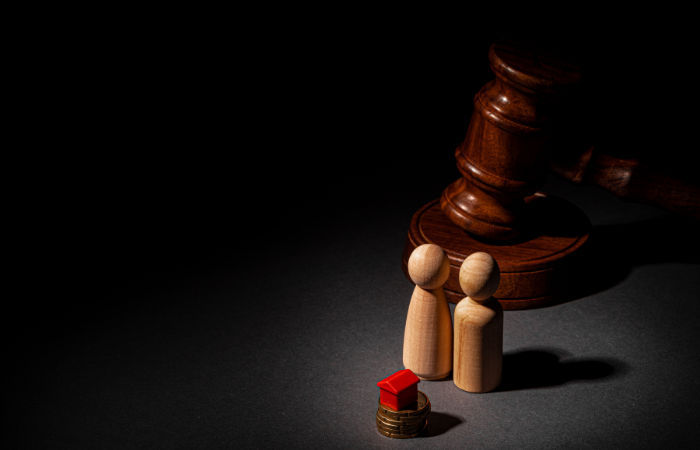Gujarat High Court upholds denial of conjugal rights, cites wife’s suicide attempt, defamation

In a significant judgment, the Gujarat High Court has upheld lower court rulings denying a woman's petition for restitution of conjugal rights, citing her attempted suicide and public defamation of her husband as grounds for mental cruelty.
Justice Sanjeev Thaker, while dismissing the wife’s appeal, observed that the act of attempting suicide during marital discord amounted to “extremely coercive behaviour” that caused “emotional manipulation and psychological distress” to the husband.
Under Indian law, restitution of conjugal rights (Section 9, Hindu Marriage Act) allows one spouse to legally request the other to resume cohabitation.
However, if the respondent (in this case, the husband) can prove cruelty, courts can deny the petition.
Mental cruelty includes sustained emotional or psychological abuse.
The court noted that the woman had admitted to attempting suicide and to distributing defamatory posters about her husband, which the judge said contributed to public humiliation and sustained emotional anxiety for the spouse.
“In such cases, each situation must be considered in context,” the High Court stated. “Marital relationships require mutual respect and compassion, especially during conflict. In this case, the husband’s refusal to resume marital life was found to be justified.”
The husband argued that he lived in constant fear that the events could recur, and cited severe emotional distress. The trial and appellate courts had earlier rejected the wife’s plea, accepting the husband’s claims of mental cruelty. The High Court upheld these decisions.
Legal experts note that restitution of conjugal rights — a controversial provision under Section 9 of the Hindu Marriage Act — is increasingly being contested on the grounds of individual autonomy and mental health, especially in cases involving coercive or high-conflict marital situations.
This judgment reflects a growing judicial emphasis on mental well-being within marriage, even as it raises concerns about how the legal system interprets acts of distress — such as suicide attempts — as coercion rather than a cry for help.

